- Browse
- Graph Theory
Graph Theory Courses
Graph Theory courses can help you learn about vertices, edges, paths, and cycles, as well as concepts like connectivity and graph coloring. You can build skills in network analysis, algorithm design, and problem-solving techniques that apply to various fields such as computer science, biology, and social sciences. Many courses introduce tools like Python libraries for graph analysis, visualization software, and algorithms for optimizing network flows, allowing you to apply your knowledge to real-world data and complex systems.
Popular Graph Theory Courses and Certifications
 Status: Free TrialFree TrialU
Status: Free TrialFree TrialUUniversity of Colorado Boulder
Skills you'll gain: Public Key Cryptography Standards (PKCS), Cryptography, Data Structures, Algorithms, Encryption, Theoretical Computer Science, Computer Science, Programming Principles, Computational Thinking, IBM Cloud, Advanced Mathematics
Build toward a degree
4.6·Rating, 4.6 out of 5 stars56 reviewsAdvanced · Course · 1 - 4 Weeks
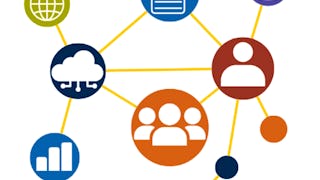 Status: Free TrialFree TrialU
Status: Free TrialFree TrialUUniversity of Michigan
Skills you'll gain: Social Network Analysis, Bayesian Network, Data Analysis, Python Programming, Probability Distribution
Advanced · Course · 1 - 4 Weeks
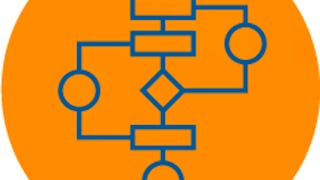 Status: Free TrialFree Trial
Status: Free TrialFree TrialSkills you'll gain: Data Structures, Java Programming, Java, Theoretical Computer Science, Programming Principles, Algorithms, Object-Relational Mapping, Computer Programming Tools
Intermediate · Course · 1 - 4 Weeks
 2
228DIGITAL
Skills you'll gain: Geometry, Algorithms, Computer Graphics, Data Structures, Graph Theory, Spatial Data Analysis, Computational Thinking, Geographic Information Systems, Theoretical Computer Science, Spatial Analysis
4.4·Rating, 4.4 out of 5 stars24 reviewsIntermediate · Course · 1 - 4 Weeks
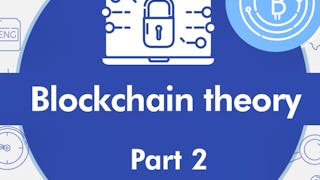 Status: PreviewPreviewP
Status: PreviewPreviewPPohang University of Science and Technology(POSTECH)
Skills you'll gain: Blockchain, Application Development, Cloud Applications, Payment Systems, Investment Banking, Cryptography, Investments, FinTech, Digital Assets, Open Source Technology, Distributed Computing, Microservices, Transaction Processing, Algorithms, Governance
Intermediate · Course · 1 - 3 Months
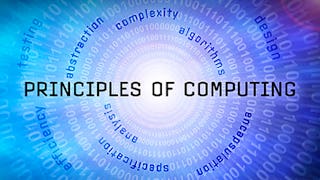 Status: Free TrialFree TrialR
Status: Free TrialFree TrialRRice University
Skills you'll gain: Computational Thinking, Programming Principles, Algorithms, Data Structures, Theoretical Computer Science, Computer Programming, Python Programming, Computer Science, Verification And Validation, Game Theory, Mathematical Modeling, Test Case, Simulations
4.8·Rating, 4.8 out of 5 stars365 reviewsIntermediate · Course · 1 - 4 Weeks
 2
228DIGITAL
Skills you'll gain: File I/O, Data Structures, Theoretical Computer Science, Data Storage Technologies, Algorithms, Graph Theory, Data Access, Performance Tuning
4.6·Rating, 4.6 out of 5 stars60 reviewsAdvanced · Course · 1 - 3 Months
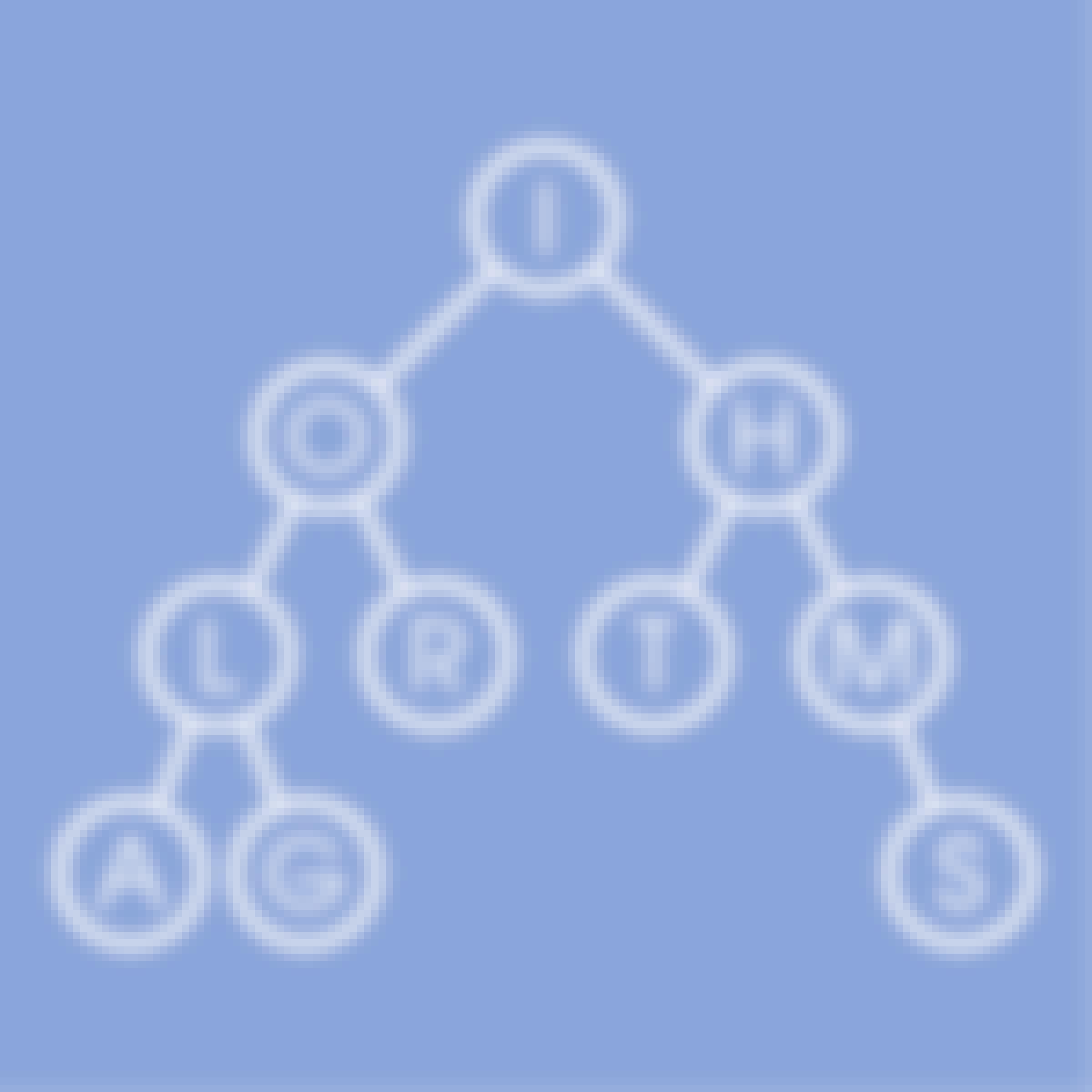 Status: Free TrialFree TrialU
Status: Free TrialFree TrialUUniversity of California San Diego
Skills you'll gain: Bioinformatics, Algorithms, Data Structures, Text Mining, Theoretical Computer Science, Computational Thinking
4.5·Rating, 4.5 out of 5 stars1.1K reviewsIntermediate · Course · 1 - 4 Weeks
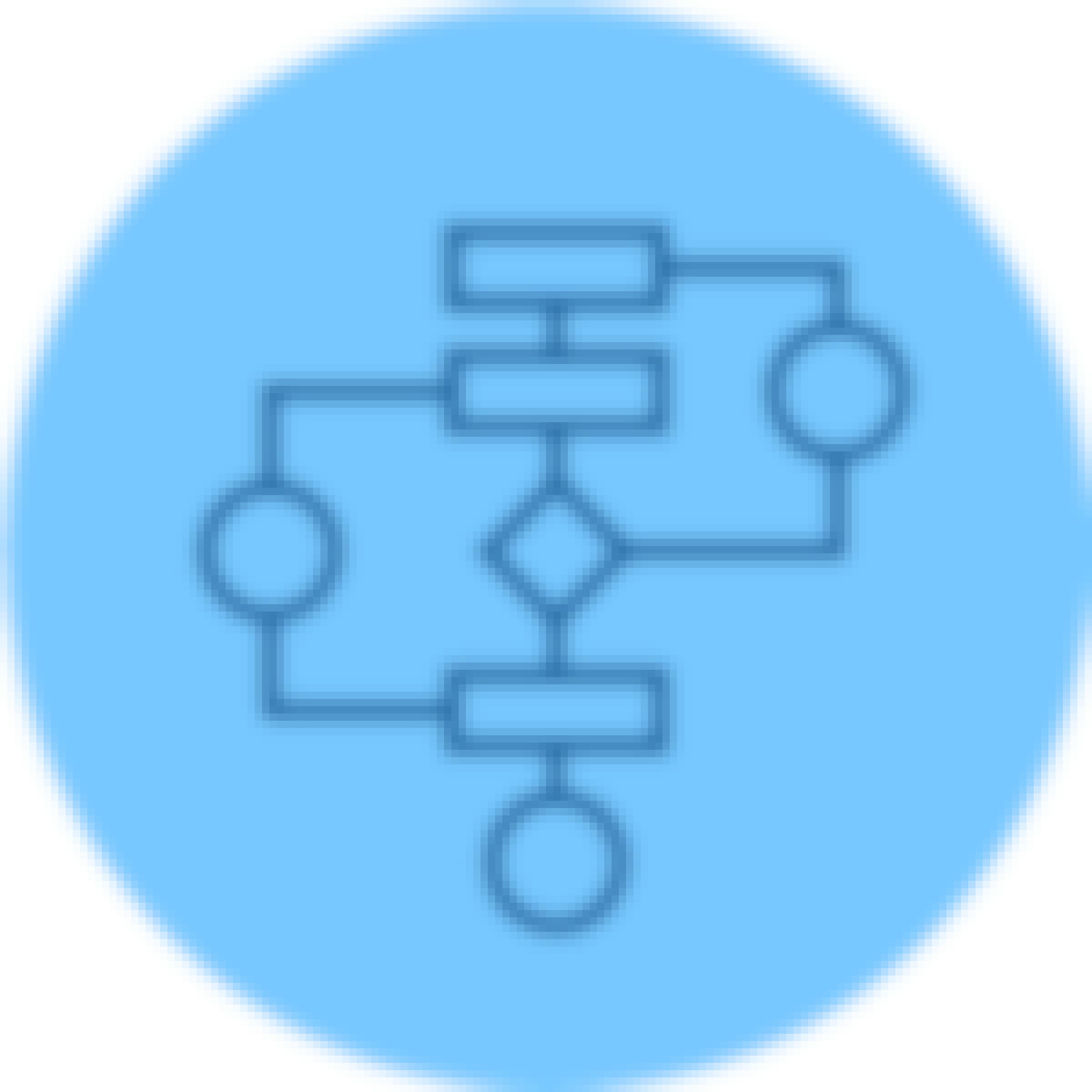 Status: Free TrialFree Trial
Status: Free TrialFree TrialSkills you'll gain: Data Structures, C++ (Programming Language), C and C++, Programming Principles, Algorithms, Theoretical Computer Science, Object Oriented Programming (OOP)
Intermediate · Course · 1 - 4 Weeks
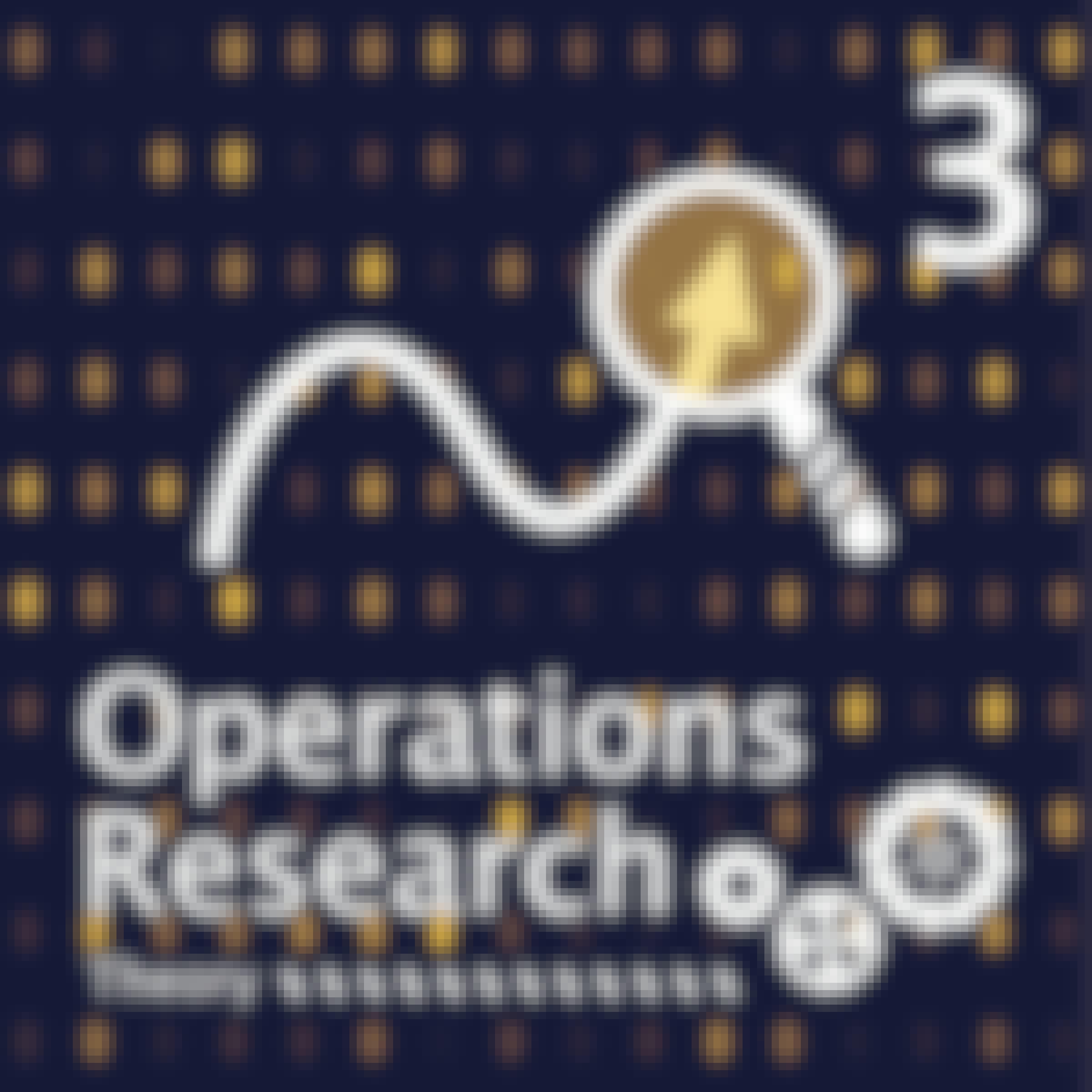 Status: Free TrialFree TrialN
Status: Free TrialFree TrialNNational Taiwan University
Skills you'll gain: Operations Research, Network Model, Applied Machine Learning, Case Studies, Applied Mathematics, Mathematical Modeling, Transportation Operations, Business Analytics, Advanced Mathematics, Linear Algebra, Algorithms
4.9·Rating, 4.9 out of 5 stars95 reviewsAdvanced · Course · 1 - 3 Months
 Status: FreeFreeÉ
Status: FreeFreeÉÉcole normale supérieure
Skills you'll gain: Theoretical Computer Science, Combinatorics, Algorithms, Advanced Mathematics, Linear Algebra, Mathematical Modeling, Probability
4.8·Rating, 4.8 out of 5 stars46 reviewsMixed · Course · 1 - 4 Weeks
 Status: Free TrialFree TrialU
Status: Free TrialFree TrialUUniversity of Washington
Skills you'll gain: Data Ethics, Statistical Visualization, Data Storytelling, Data Visualization Software, Data Governance, Big Data, Technical Communication, Cloud Computing, Amazon Web Services, Information Privacy, Ethical Standards And Conduct
3.4·Rating, 3.4 out of 5 stars142 reviewsMixed · Course · 1 - 4 Weeks
In summary, here are 10 of our most popular graph theory courses
- Advanced Data Structures, RSA and Quantum Algorithms: University of Colorado Boulder
- Network Modeling and Analysis in Python: University of Michigan
- Java: Linear Data Structures and Trees: Codio
- Geometric Algorithms: 28DIGITAL
- Blockchain Theory and Applications Ⅱ: Pohang University of Science and Technology(POSTECH)
- Principles of Computing (Part 2): Rice University
- I/O-efficient algorithms: 28DIGITAL
- Algorithms on Strings: University of California San Diego
- C++: Linear Data Structures and Trees: Codio
- Operations Research (3): Theory: National Taiwan University










